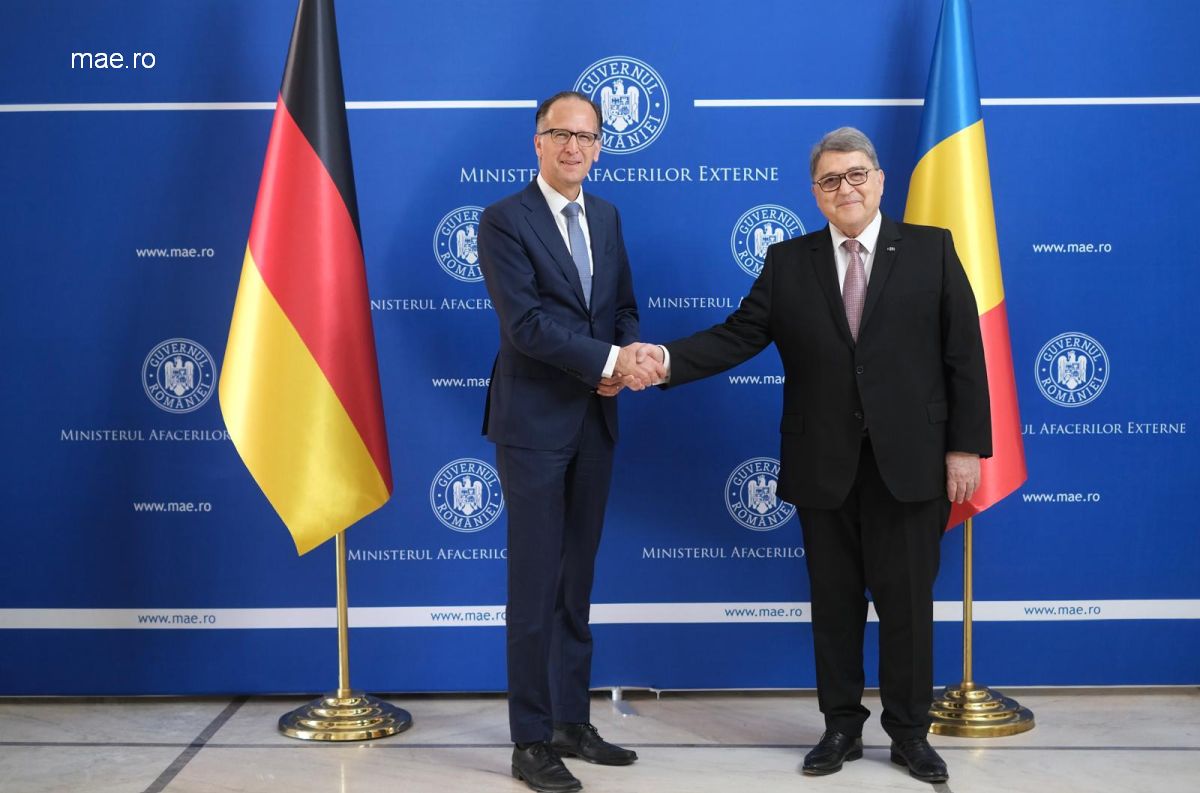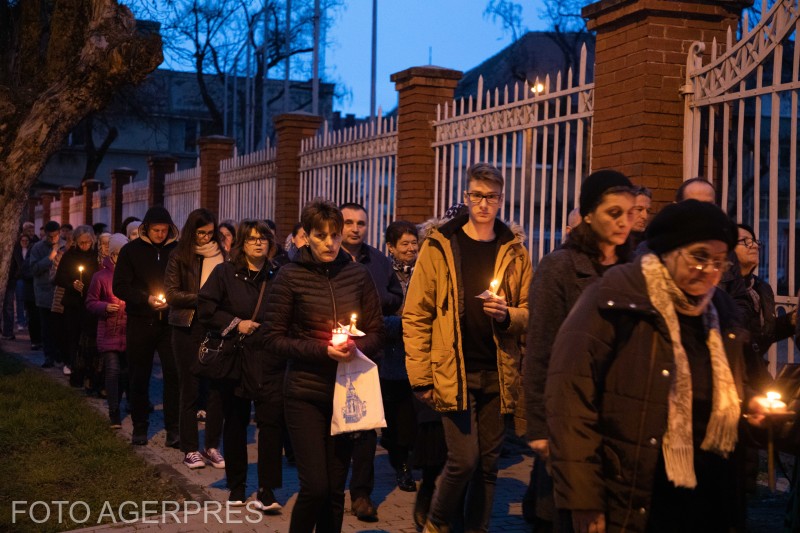Romania-Germany: a privileged relationship
Fresh from his White House visit, Romanias president Klaus Iohannis had talks with German officials in Berlin.

Bogdan Matei, 20.06.2017, 13:19
In 2017, Romania
celebrates the 50th anniversary of establishing embassy-level
diplomatic ties with the Federal Republic of Germany and the 25th
anniversary of signing a cooperation treaty and a partnership with unified
Germany. Whether as an enemy, as was the case during WWI and in the final
months of WWII, or as an ally within NATO and the European Union as is the case
today, Germany has always enjoyed respect and administration in Romania.
German
efficiency and reliability are proverbial in Romania and it wasn’t by accident
that the election slogan used by president Klaus Iohannis during his 2014
presidential campaign promised a Romania of the thing well done. A member of
the ethnic German community in Romania and a descendant of the Saxon settlers
who came to Transylvania in the Middle Ages, president Iohannis is very much at
ease in Berlin, as many commentators have pointed out.
On Monday, he
had talks with his counterpart Frank-Walter Steinmeier and chancellor Angela
Merkel about the privileged relations between their countries, the situation in
the European Union and the trans-Atlantic relationship. In contrast to the
recent chill in German-American relations, Iohannis’ visit to the White House
and his talks with US president Donald Trump this month have been hailed as a
great foreign policy success. During his visit to Berlin, the president again
emphasised a point he had made earlier:
The
trans-Atlantic relationship is not a political or diplomatic choice; it forms
the basis of our democratic society and must be very well preserved as such. I
have the impression that many are beginning to understand that weakening this
relationship is a great mistake and are moving towards a political discourse
that will ultimately lead to an improvement in this relationship, because
Europe needs America and the other way round, while between NATO and the Union
cooperation must be created that leads to synergy and nothing else.
Chancellor
Merkel also said that the relationship between Europe and America must remain
very good, while NATO and the European Union must not be perceived as
competitors. She did not hide her satisfaction over the fact that Bucharest and
Berlin hold similar views on sensitive areas such Brexit, the protection of the
EU borders, migration and terrorism. Angela Merkel believes Romania has made
important progress with respect to the rule of law, but warned, in a
transparent reference to the political and judicial convulsions in Bucharest,
that slowing down the pace of the anti-corruption fight is not a good idea.
President Iohannis has given assurances that the ongoing political crisis in
Bucharest will not affect the country’s foreign policy and its commitments to
NATO and the European Union.






























